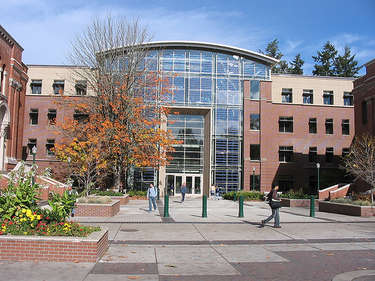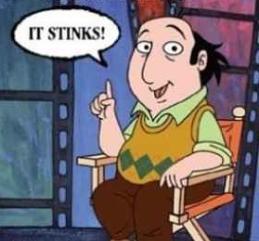
The Huffington Post has an article on Democratic Candidate for California Governor, Jerry Brown. It mentions that while Jerry, now uncontested in the primaries, has spent next to nothing, Meg in on a media frenzy.
A group of Democrats have started taking potshots at her, using social media. Leveltheplayingfield2010 is using a an anti-Whitman wiki, wikimeg, and creating videos for YouTube::
Her allegiance to Mitt Romney and comments she made about Sarah Palin are weakening her cause among the tea party crowd.
I find it interesting that many user comments paint Meg Whitman as a RINO who is soft on immigration.
It’s hard to gauge what will go viral and her detractors are putting content out there to seed that possibility. Nevertheless, Whitman has a huge personal warchest to draw from, so she has the ability to hammer Brown with traditional media buys. Her biggest weakness. She’s an odd candidate for California. My take is she’s not moderate enough for the middle and not conservative enough for the right. Being an ex-CEO, like Carly Fiorina who is running for US Senate, might be a drawback in this political climate, particularly when it’s been reported that financial services and the legal industries have been key contributors to her campaign, this far.
Twitterversion:: Ex-eBay CEO Meg Whitman, candidate for CA governor is being attacked in social media, but will it matter? #ThickCulture @Prof_K
Song:: Steely Dan-‘More of the Same’


